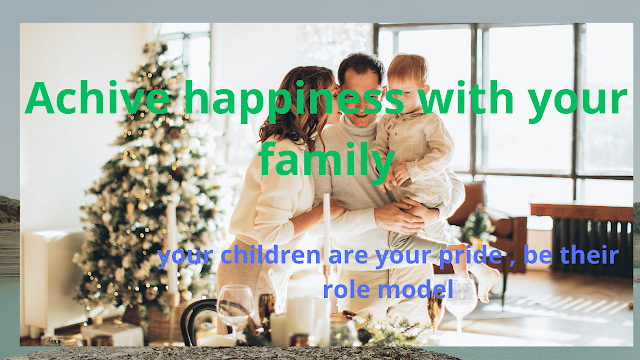Discover the benefits of love, very important information about love and the dangers of its absence in the family
Love is the cornerstone of a thriving family. It creates an environment where trust, understanding, and mutual respect flourish, allowing each member to feel valued and secure. The presence of love within a family contributes significantly to emotional well-being, strengthens relationships, and serves as a buffer against life’s inevitable challenges.
How Love Nurtures Family Growth
1• Emotional Security
Love fosters a sense of emotional safety within the family. Children raised in a loving home tend to feel more confident and are better equipped to handle stress. They grow up understanding their worth, which positively impacts their self-esteem and future relationships.
2• Strengthened Bonds
Love is the glue that holds a family together. Regular expressions of care and appreciation, whether through words, actions, or time spent together, build stronger emotional connections. These bonds help families endure hardships and celebrate successes together.
3• Effective Communication
A loving environment encourages open and honest communication. When family members feel loved, they are more likely to express their thoughts and emotions without fear of judgment. This openness resolves conflicts faster and promotes understanding.
4• Positive Role Modeling
Love teaches valuable lessons about empathy, kindness, and compromise. Children who witness loving interactions between their parents or guardians often replicate these behaviors in their own lives, shaping healthier relationships in the future.
The Dangers of Love’s Absence in a Family
1• Emotional Instability
A lack of love can lead to feelings of neglect, isolation, and insecurity. This emotional void often manifests in behavioral issues, depression, or anxiety, particularly in children.
2• Weakened Relationships
Without love, family members may grow distant and disengaged. The absence of affection can lead to misunderstandings, unresolved conflicts, and strained relationships.
3• Poor Communication
In a family devoid of love, communication tends to be cold, critical, or nonexistent. This hinders problem-solving and exacerbates conflicts, creating an unhealthy environment.
4• Negative Impact on Future Generations
Children who grow up in unloving households may struggle to build meaningful relationships as adults. They might replicate the same patterns of neglect, perpetuating a cycle of emotional detachment.
Fostering Love in Your Family
° To ensure a family thrives, it is essential to prioritize love.
° Spend quality time together, free from distractions.
° Express gratitude and appreciation regularly.
° Show affection through hugs, kind words, or small gestures.
° Actively listen to one another’s needs and concerns.

.ico)

